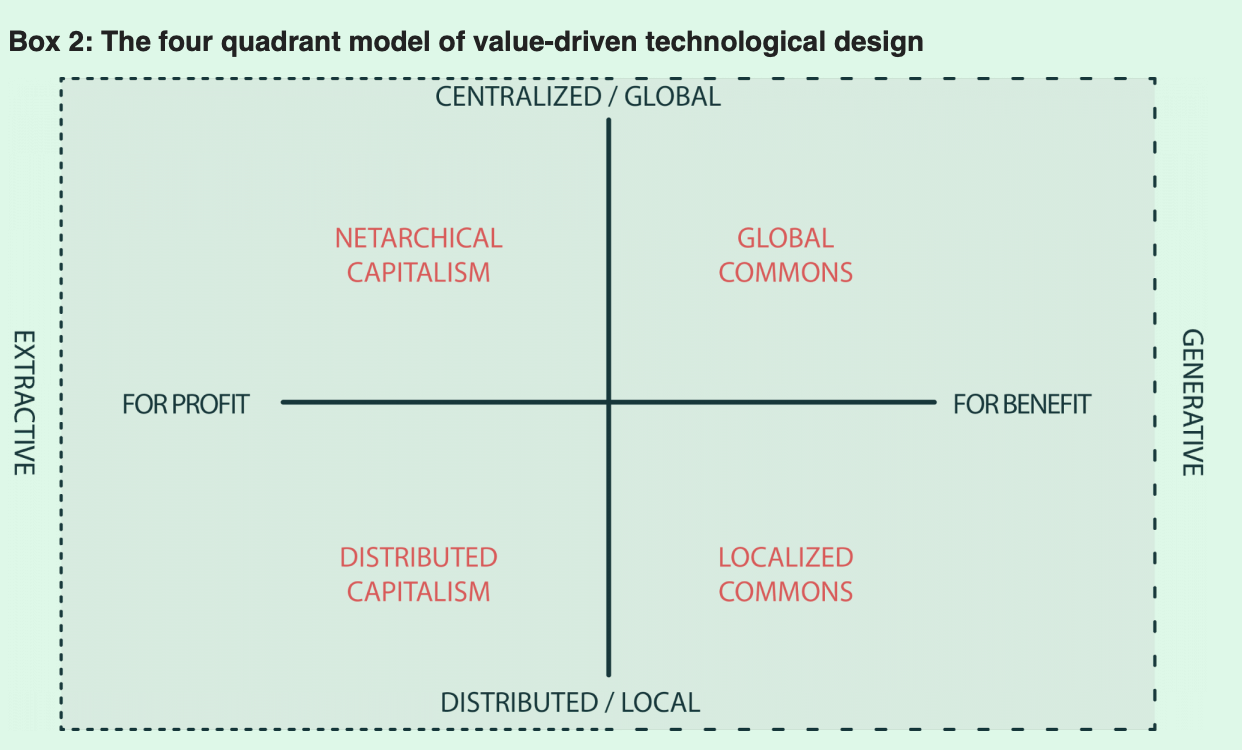Towards a commons economics: maps, pointers and examples that help you imagine what a post-capitalism would look like
Some news and tools from the continuing (and amazing) theoretical and research work of Micheal Bauwens and P2P Foundation, trying to create a “post-capitalism”. This is a next-system which places the management of “commons” at its heart - sharing resources (material and digital) that replenish themselves, but also demand responsible management and development from communities.
Firstly (and something they tend to regularly do), here is a new and massive overview of what they’re calling P2P: Towards A Commons Economics, written by Bauwens, Jose Ramos and Roa Kranjc.
Published so far are three parts:
Commons Economies in Action: Mutualizing Urban Provisioning Systems
The pulsation of the commons: The temporal context for the cosmo-local transition
We’ll leave you to mostly enter the labyrinth yourself (though just to say that the frameworks are as high and wide as any of the biggest economics thinkers). But here are a few diagrams that may be intriguing entry points (with links to their place in the papers at the bottom of each). But to begin with, a call from Michel to our imaginations:
So imagine this…
Faced with weakening nation-states that are unable to solve planetary emergencies and their local effects, city-based commons movements ally themselves. They instantiate new global infrastructural projects to mutualise provisioning systems.
Then imagine….
The nation-state follows their example by instituting commons-supporting initiatives that align states with these cosmo-local flows.
Then let’s imagine that…
After a period of chaos following the often ecologically self-destructive policy options of the populist right, there will be a growing clamour for transnational institutions to act as global solutions networks, aimed at tackling the growing planetary emergencies.
And already, let’s note that….
Many movements dealing with the climate, such as the climate strike movement, or extinction rebellion, but also many reconstructive movements such as transition towns or the permaculture movement, are now coordinated at the global scale.
We also thought that this list of links to studies of City-based commons experiences and projects, from one of the papers, would be a useful round-up of where the commons and cosmo-local approach was thriving:


